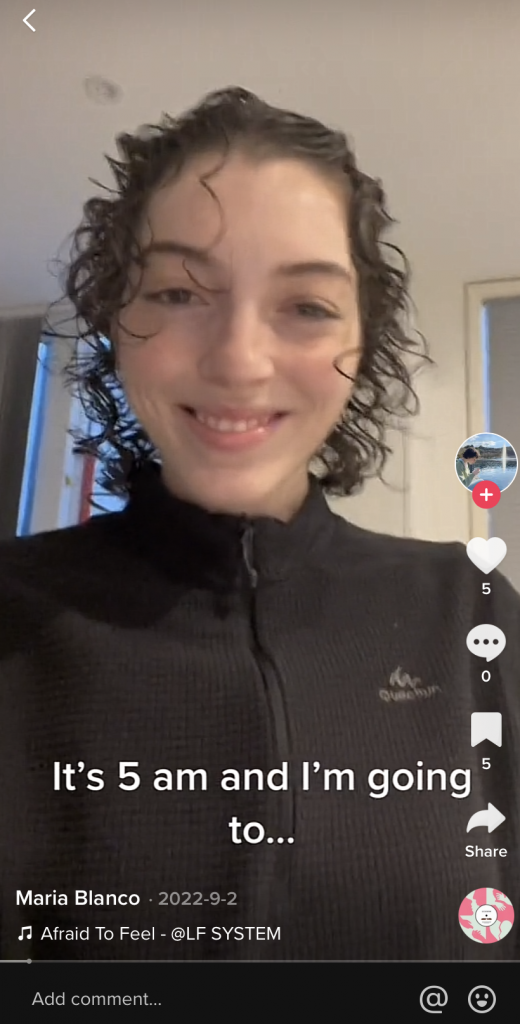
Organised by the Platelet Society, the European Platelet Summer School is a three-day programme of seminars, open group discussions and practical workshops provided by leading international experts in platelet biology. The objective of this event is to introduce PhD students and new postdocs to the state-of-the-art in platelet research and the laboratory techniques available to study platelet structures and the processes in which these cells are involved.
Attending a field-specific training event like the Platelet Summer School offers a unique opportunity for early-career researchers to expand their knowledge and familiarise themselves with novel experimental techniques. Joining the round table discussions would enable you to explore areas for improvement in your research project and receive feedback from other researchers in the field, which would contribute to the discussion of your thesis. If the programme includes practicals, they will improve your experimental design and knowledge about techniques, which you would be able to apply at your university. As a result, experiments would be less time-consuming and you will achieve better quality results, making the most of your PhD.
Participating in this kind of international gathering creates the perfect environment to get to know colleagues from other laboratories, which offers the opportunity to work on your interpersonal skills and build networks for support and collaboration. The seminars, open group discussions and practical workshops will be led by influential leaders in the field. You will also have the opportunity to interact with these experts, who represent potential external examiners, paper or grant reviewers and future employers.
Training events for early-career researchers usually include career development workshops as well, which would offer you some useful guidance about future job opportunities after your PhD.
Some tips to make the most of the experience are:
- Before leaving for the event, finish up your current experimental set and update your lab notebook. Otherwise, you will have to continue the repeats when you are back, which might be troublesome, as some variables might have changed.
- Consider the most cost-effective transportation option to the conference venue. Bare in mind that sessions are quite long, so you need to rest! The first day is the hardest, as you will probably have to get up early. If you are tired, you will eventually lose focus.
- Simplify your morning routine as much as possible to gain more sleep hours and reduce the baggage needed. Days will be very long, as you will leave the accommodation early in the morning to attend the talks and won´t come back until the evening after dinner and drinks.
- Don´t be afraid to ask questions to the speakers. This is usually the best way to link your research with the general knowledge they are providing you.
- In my experience, bringing your laptop to take notes is the easiest way to keep track of all the information you will receive through the talks, as you can just copy the reference for the book or article they took the information from and come back later in case you don´t have enough time to type everything. Also, this allows you to reply to emails during breaks or in the evening.
- Try to network with other researchers at the conference, but be natural. Don´t be nervous or force things to happen, just enjoy the event. The best opportunities to talk with people are during the lunch break, during the poster sessions or during dinner. If you have a particular question in mind for a specific researcher, investigate if they are coming to the conference and approach them to have a chat!
- Take many pictures and videos at the event to post on your social media and leave proof of your assistance for future job interviews. In many of these training workshops, you don´t receive a certificate of attendance.
I hope you have the great chance to attend an early-career training event like the Platelet Summer School and find useful these suggestions! Good luck!



